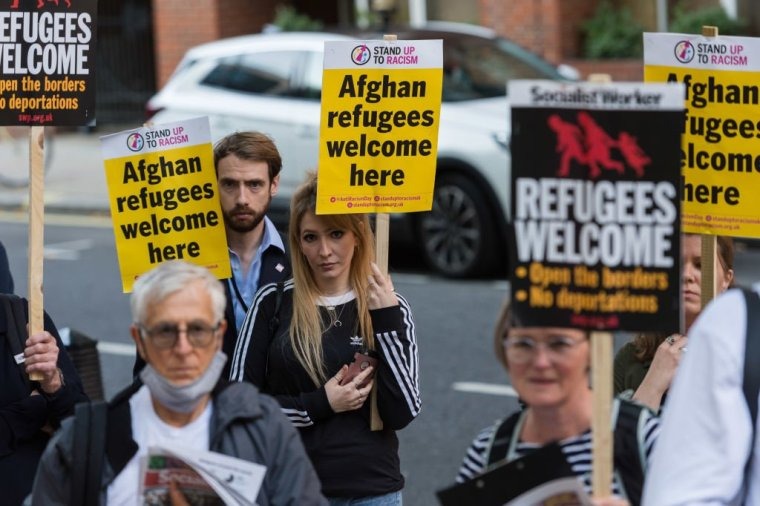UK to remove Afghan refugees from hotels, displacing thousands.
2 min read
Alternative housing will be offered to refugees with notice.
UK-based Afghan refugees risk homelessness as they transition from hotels to alternative housing. The government, led by Veterans’ Affairs Minister Johnny Mercer, is unveiling measures to expedite their move to permanent homes, with an announcement anticipated in the House of Commons on Tuesday.
He voiced strong reservations about the proposals, especially the possible outcome of rendering Afghan escapees from the Taliban homeless in the UK. He contends that those assured a warm welcome should not undergo such treatment. The prolonged stay of thousands of Afghans in unsuitable hotels results from government mismanagement and ineffective collaboration with local councils and agencies in securing suitable housing.
The Cabinet Office, overseeing Mercer’s role, refrained from commenting before his statement, while the Home Office, responsible for migration policy, has not yet responded. Presently, approximately 9,000 Afghans who fled the Taliban in August 2021 are housed in UK hotels.
Peymana Assad, a Labour councillor with Afghan roots from Harrow in north-west London, has actively collaborated with Afghan refugees in hotels and attributes their extended stay to government responsibility, not the refugees themselves.
Conservative MPs are advocating for the elimination of additional safeguards from the legislation, and ministers seem poised to comply on Monday. The Council of Europe’s commissioner for human rights has cautioned that the current proposals may be at odds with international law.
Members of the party’s right wing, such as Bill Cash and Danny Kruger, have proposed a set of amendments seeking to reduce legal protections for asylum seekers and refugees potentially facing deportation to Rwanda and other nations. One proposed amendment seeks to bar judges from issuing injunctions to halt deportations, while others intend to limit the applicability of specific sections of the European Convention on Human Rights.



